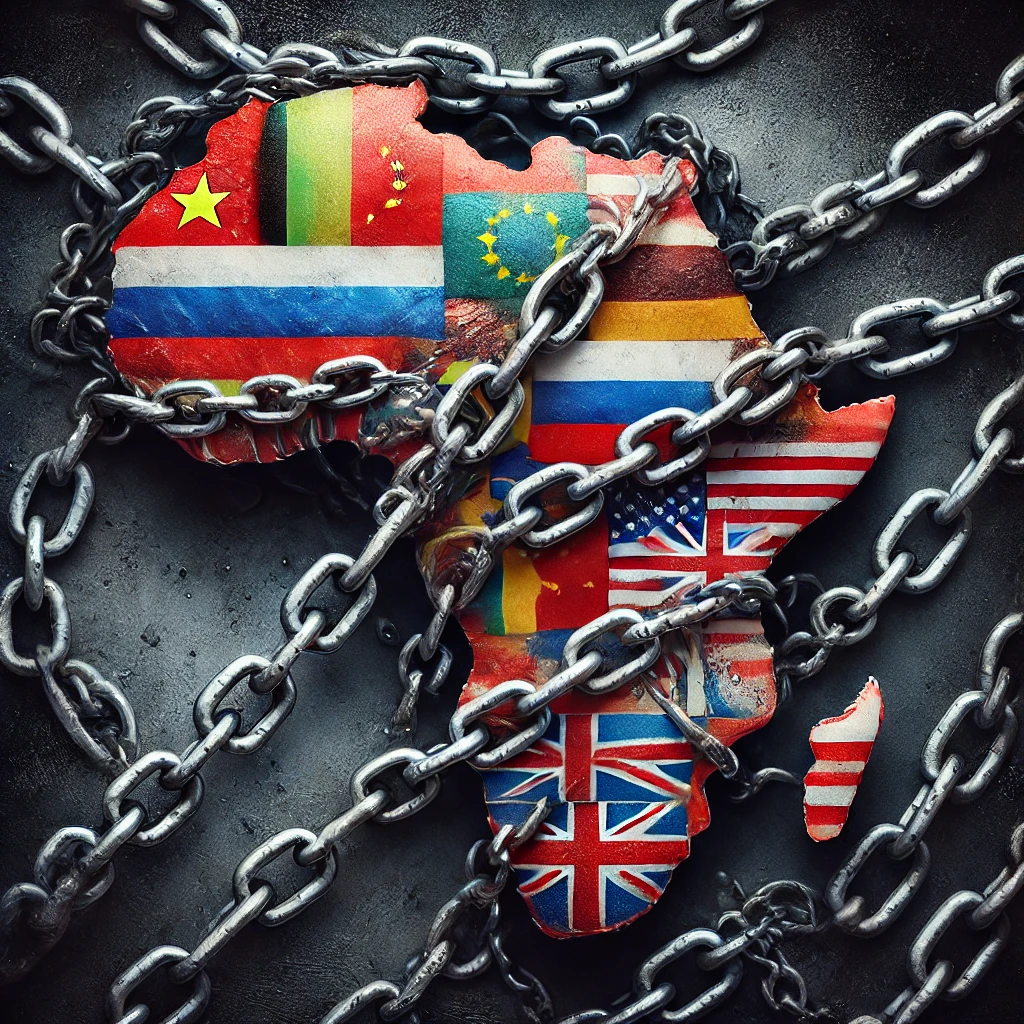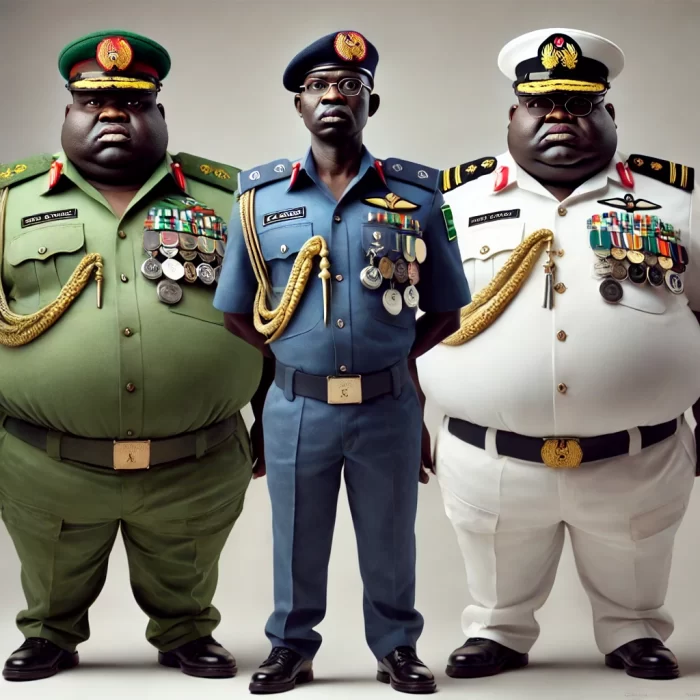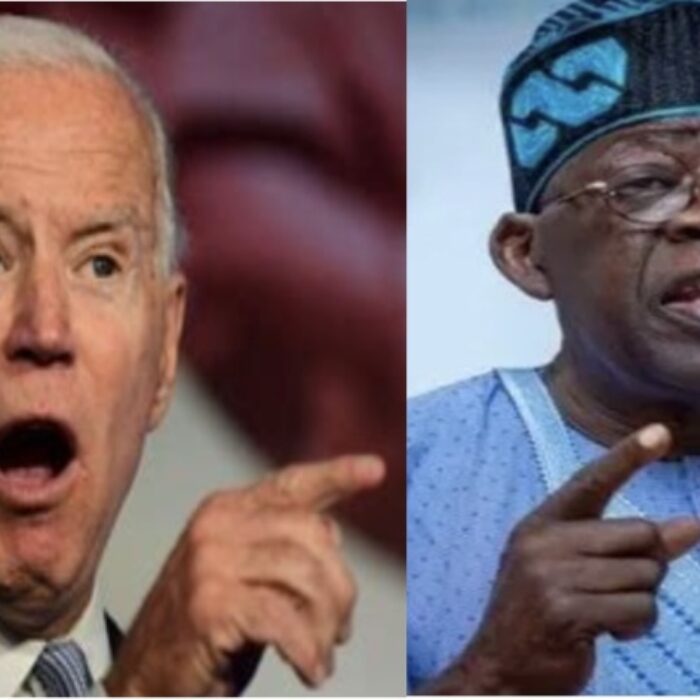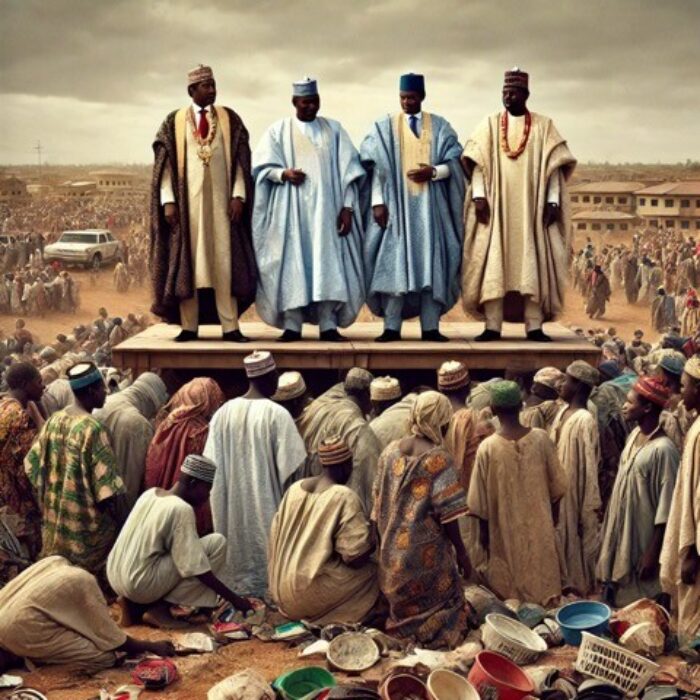By Nnaoke Ufere, PhD
The specter of recolonization is no longer a distant or abstract threat—it looms ominously over 21st-century Africa. Beneath the deceptive banners of partnership, development, and democracy lies the potential for a ruthless resurgence of territorial imperialism, driven by military force and relentless economic coercion.
This growing threat signals a near future where Africa’s vast strategic resources—especially its rare earth minerals essential for global technology and green energy industries—and its undervalued, youthful labor force, coveted by aging global powers, alongside its vital military arteries, have made it a battleground for rival powers and a target for ruthless recolonization and exploitation.
This threat trajectory risks reducing sovereign African nations to mere pawns in a relentless global power struggle, sacrificing their autonomy and prosperity to the ambitions of foreign domination. Africa’s independence hangs in the balance, its future shadowed by the growing specter of militarized imperialism.
From Beijing’s predatory debt traps to Moscow’s ruthless resource plundering, Washington’s aggressive territorial and economic coercion, London’s exploitative chokehold on Africa’s political economy, and Paris’s relentless neo-colonial grip through financial and military manipulation, these global powers are reviving the oppressive playbook of 19th-century imperialism. Their actions threaten to relegate Africa to a perpetual state of dependency and exploitation.
Is Africa prepared to confront this looming onslaught of territorial imperialism, a modern-day scramble that threatens its sovereignty, dignity, and future?
First Wave: Nigeria and the Democratic Republic of Congo (DRC)
Among all Sub-Saharan African nations, Nigeria and the Democratic Republic of Congo (DRC) stand as the prime targets for coercive recolonization, presenting the most immediate opportunities for global powers determined to reassert dominance and control.
Nigeria, with its abundant oil reserves, untapped deposits of critical rare minerals, rapidly growing population, and status as Africa’s largest economy, stands as a critical nexus for labor, markets, and energy.
The DRC, often described as the “geological miracle” of the world, is home to unparalleled deposits of cobalt, lithium, and other rare earth minerals essential for the global tech and green energy revolutions.
However, these nations’ immense natural wealth, coupled with corruption, weak governance, political instability, widespread insecurity, ineffectual military, and external debt vulnerabilities, make them ripe for external invasion and exploitation by predatory foreign interests.
The urgent question is whether African nations are ready to confront and defy the escalating menace of 21st-century territorial imperialism or if they are unwittingly drifting into a future of economic and resource subjugation, where their sovereignty is dismantled by foreign powers and their people enslaved again.
An Urgent Looming Threat of Forced Territorialism
This grim future is no longer a distant warning—it is unfolding before us. With populist and nationalist leaders on the rise and the rules-based international order collapsing, the world has devolved into a ruthless zero-sum game of territorial imperialism, driven by the relentless pursuit of scarce resources and strategic dominance.
The evidence is undeniable: Russia has already seized Crimea, China is openly plotting to invade Taiwan by 2027, and Donald Trump has issued audacious threats to take control of Greenland, Canada, and the Panama Canal.
The scramble for spheres of influence has begun in earnest, and it is marked by blatant disregard for sovereignty, international law, and the fragile stability of a world teetering on the edge of chaos. The question is no longer whether this imperialist resurgence will escalate—but how far it will go, and at what cost to vulnerable African nations.
The New Scramble for Africa
While Trump’s threat is focused on regions outside Africa for now, the continent faces an equally dire threat of recolonization through economic, military, and technological means.
The parallels between today’s global power struggles and the colonial Scramble for Africa are striking. Back then, European powers divided the continent at the Berlin Conference, cloaking their exploitation under the guise of bringing civilization and order.
Today, global powers like China, Russia, France, Britain, and the United States vie for influence in Africa under the banners of investment, democracy, security, and development.
China’s Belt and Road Initiative (BRI), for example, has led to significant infrastructure investments across Africa, but these come with strings attached. Countries like Zambia and Djibouti are grappling with unsustainable debt levels, risking the forfeiture of critical assets.
Similarly, Russia’s Wagner Group has exploited fragile states such as the Central African Republic (CAR), exchanging security assistance for control over lucrative gold and diamond resources.
France, long entrenched in its former colonies through uranium mining in Niger, the CFA franc, and military bases, faces growing resistance. Its recent forced exit from the Sahel, particularly Niger, Mali and Burkina Faso, underscores regional backlash against decades of exploitation and ineffective interventions.
Together, these actions highlight the ongoing scramble for Africa’s resources and labor by global powers.
Tomorrow, the great powers may abandon pretenses altogether, turning to outright economic coercion and military force to secure control of scarce African resources, leaving African nations grappling with a renewed wave of imperial domination disguised as strategic necessity.
Implications for Africa
The resurgence of imperialistic ambitions, as demonstrated by Trump’s threat and the actions of other powers, highlights a grim reality: the sovereignty of smaller nations is increasingly under threat.
Whether it is the extraction of cobalt and lithium in the Democratic Republic of Congo, the exploitation of uranium in Niger, Nigeria’s addiction to external borrowing and its crippling debt vulnerability, or the proliferation of military bases under the pretext of counterterrorism, Africa faces the grave risk of being reduced to a pawn in the ruthless power struggles of global superpowers.
The Path Forward for Africa
To counter the threat of neo-territorial aggression, Africa must adopt a united and proactive strategy that emphasizes self-reliance, defense, and resilience:
1. Economic Integration: Strengthen intra-African trade through initiatives like AfCFTA, reduce dependency on foreign debt and markets, and develop local industries.
2. Military Cooperation: Enhance regional defense preparedness through alliances like the African Standby Force, joint training, and intelligence sharing to deter external threats.
3. Resource Security: Safeguard critical infrastructure and ensure transparent management of natural resources to prevent foreign monopolization.
4. Good Governance: Combat corruption, improve accountability, and strengthen legal frameworks to reduce vulnerability to foreign manipulation.
5. Strategic Alliances: Foster unity within Africa and build equitable partnerships with nations that respect African sovereignty.
6. Education and Awareness: Inform citizens about the risks of neocolonialism to encourage accountability and support policies that prioritize independence.
7. Technological Defense: Invest in cybersecurity and technological innovation to protect against foreign exploitation of digital assets.
8. Political Stability: Resolve internal conflicts and promote democratic governance to deny entry points for external interference.
By uniting in economic, political, and military strength, Africa can safeguard its sovereignty, resources, and future from exploitation and domination by global powers.





